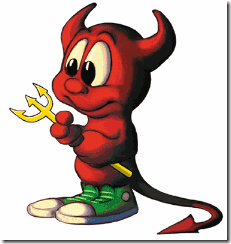 FreeBSD is a UN*X-like operating system for the i386, IA-64, PC-98, Alpha/AXP, and UltraSPARC platforms based on U.C. Berkeley's "4.4BSD-Lite" release, with some "4.4BSD-Lite2" enhancements. It is also based indirectly on William Jolitz's port of U.C. Berkeley's "Net/2" to the i386, known as "386BSD", though very little of the 386BSD code remains.
FreeBSD is a UN*X-like operating system for the i386, IA-64, PC-98, Alpha/AXP, and UltraSPARC platforms based on U.C. Berkeley's "4.4BSD-Lite" release, with some "4.4BSD-Lite2" enhancements. It is also based indirectly on William Jolitz's port of U.C. Berkeley's "Net/2" to the i386, known as "386BSD", though very little of the 386BSD code remains.
FreeBSD is used by companies, Internet Service Providers, researchers, computer professionals, students and home users all over the world in their work, education and recreation.
Ken Smith has announced the availability of the first beta releases of FreeBSD 8.2 and 7.4, new upcoming versions in the production (version 8) and legacy production (version 7) series: "The first of the test builds for the 8.2/7.4 release cycle is now available for amd64, i386, ia64, pc98, and sparc64 architectures. Files suitable for creating installation media or doing FTP-based installs through the network should be on most of the FreeBSD mirror sites. The ISO images for this build do not include packages other than the docs. For amd64 and i386 'memstick' images are available that can be copied to a USB 'memory stick' and used for installs on machines that support booting from that type of media."
Read the rest of the release announcement for details on how to upgrade from previous versions and where to report bugs.
Quick download links for the i386 and amd64 architectures: FreeBSD-8.2-BETA1-i386-dvd1.iso (861MB, SHA256), FreeBSD-8.2-BETA1-amd64-dvd1.iso (973MB, SHA256), FreeBSD-7.4-BETA1-i386-dvd1.iso (967MB, SHA256), FreeBSD-7.4-BETA1-amd64-dvd1.iso (1,063MB, SHA256).
Recent Related News.
• 2010-12-11: Development Releases: FreeBSD 8.2-BETA1, 7.4-BETA1
• 2010-07-24: BSD Release: FreeBSD 8.1
• 2010-07-02: Development Release: FreeBSD 8.1-RC2
• 2010-06-18: Development Release: FreeBSD 8.1-RC1
• 2010-05-29: Development Release: FreeBSD 8.1-BETA1
• 2010-03-23: BSD Release: FreeBSD 7.3
FreeBSD is a free Unix-like operating system descended from AT&T UNIX via the Berkeley Software Distribution (BSD). It has been characterized as "the unknown giant among free operating systems". It is not a clone of UNIX, but works like UNIX, with UNIX-compliant internals and system APIs. FreeBSD is generally regarded as reliable and robust.
FreeBSD is a complete operating system. The kernel, device drivers and all of the userland utilities, such as the shell, are held in the same source code revision tracking tree, whereas with Linux distributions, the kernel, userland utilities and applications are developed separately, then packaged together in various ways by others.
Third-party application software may be installed using various software installation systems, the two most common being source installation and package installation, both of which use the FreeBSD Ports system.
FreeBSD's development began in 1993 with a quickly growing, unofficial patchkit maintained by users of the 386BSD operating system. This patchkit forked from 386BSD and grew into an operating system taken from U.C. Berkeley's 4.3BSD-Lite (Net/2) tape with many 386BSD components and code from the Free Software Foundation. After two public beta releases via FTP (1.0-GAMMA on September 2, 1993, and 1.0-EPSILON on October 3, 1993), the first official release was FreeBSD 1.0, available via FTP on November 1st, 1993 and on CDROM on December 30, 1993. This official release was coordinated by Jordan Hubbard, Nate Williams and Rodney W. Grimes with a name thought up by David Greenman. Walnut Creek CDROM agreed to distribute FreeBSD on CD and gave the project a machine to work on along with a fast Internet connection, which Hubbard later said helped stir FreeBSD's rapid growth. A "highly successful" FreeBSD 1.1 release followed in May 1994.
However, there were legal concerns about the BSD Net/2 release source code used in 386BSD. After a lawsuit between UNIX copyright owner at the time Unix System Laboratories and the University of California, Berkeley, the FreeBSD project re-engineered most of the system using the 4.4BSD-Lite release from Berkeley, which, owing to this lawsuit, had none of the AT&T source code earlier BSD versions had depended upon, making it an unbootable operating system. Following much work, the outcome was released as FreeBSD 2.0 in January 1995.
FreeBSD 2.0 featured a revamp of the original Carnegie Mellon University Mach virtual memory system, which was optimized for performance under high loads. This release also introduced the FreeBSD Ports system, which made downloading, building and installing third party software very easy. By 1996 FreeBSD had become popular among commercial and ISP users, powering extremely successful sites like Walnut Creek CD-ROM (a huge repository of software that broke several throughput records on the Internet), Yahoo! and Hotmail. The last release along the 2-STABLE branch was 2.2.8 in November 1998.[FreeBSD 3.0 brought many more changes, including the switch to the ELF binary format. Support for SMP systems and the 64 bit Alpha platform were also added. The 3-STABLE branch ended with 3.5.1 in June 2000.
Derivatives
There are a number of software distributions based on FreeBSD including:
* PC-BSD (aimed at home users and workstations)
* DesktopBSD (aimed at home users and workstations)
* FreeSBIE (live CD)
* Frenzy (live CD),
* m0n0wall (firewall)
* pfSense (firewall)
* FreeNAS (for network attached storage)
* AskoziaPBX (an embedded PBX)
All these distributions have no or only minor changes when compared with the original FreeBSD base system. The main difference to the original FreeBSD is that they come with pre-installed and pre-configured software for specific use cases. This can be compared with Linux distributions, which are all binary compatible because they use the same kernel and also use the same basic tools, compilers and libraries, while coming with different applications, configurations and branding.
Besides these distributions there is DragonFly BSD, a fork from FreeBSD 4.8 aiming for a different multiprocessor synchronization strategy than the one chosen for FreeBSD 5 and development of some microkernel features. It doesn't aim to stay compatible with FreeBSD and has huge differences in the kernel and basic userland.
A wide variety of products are directly or indirectly based on FreeBSD. Examples of embedded devices based on FreeBSD include:
* Juniper Networks routers , switches and security devices
* Ironport network security appliances
* nCircle's IP360
* Nokia's firewall operating system
* NetApp's Data ONTAP GX (only as a loader for proprietary kernel-space module of ONTAP GX)
* Panasas's and Isilon Systems's cluster storage operating systems
* NetASQ security appliances
* St Bernard iPrism web filtering appliances
* F5 Networks's 3DNS version 3 global traffic manager and EDGE-FX version 1 web cache
Other operating systems contain code that originated in FreeBSD such as Linux and the RTOS VxWorks. Darwin, the core of Apple's Mac OS X, borrows FreeBSD's virtual file system, network stack and components of its userspace. The now-defunct OpenDarwin project, which was based on Apple's Darwin operating system, also included substantial FreeBSD code. Debian, known primarily as a Linux distribution, also maintains GNU/kFreeBSD, combining the GNU userspace and C library with the FreeBSD kernel.
Screenshots
If you liked this article, subscribe to the feed by clicking the image below to keep informed about new contents of the blog:
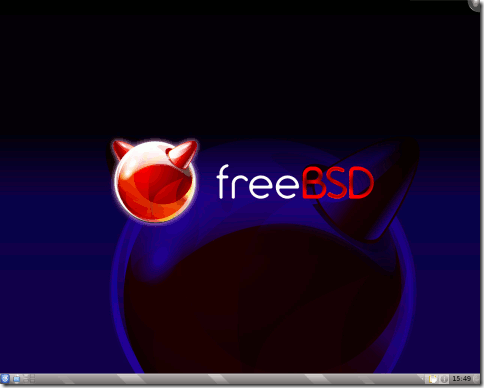
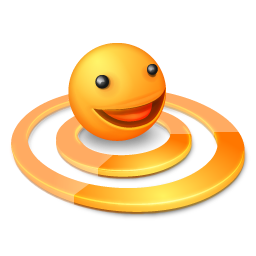



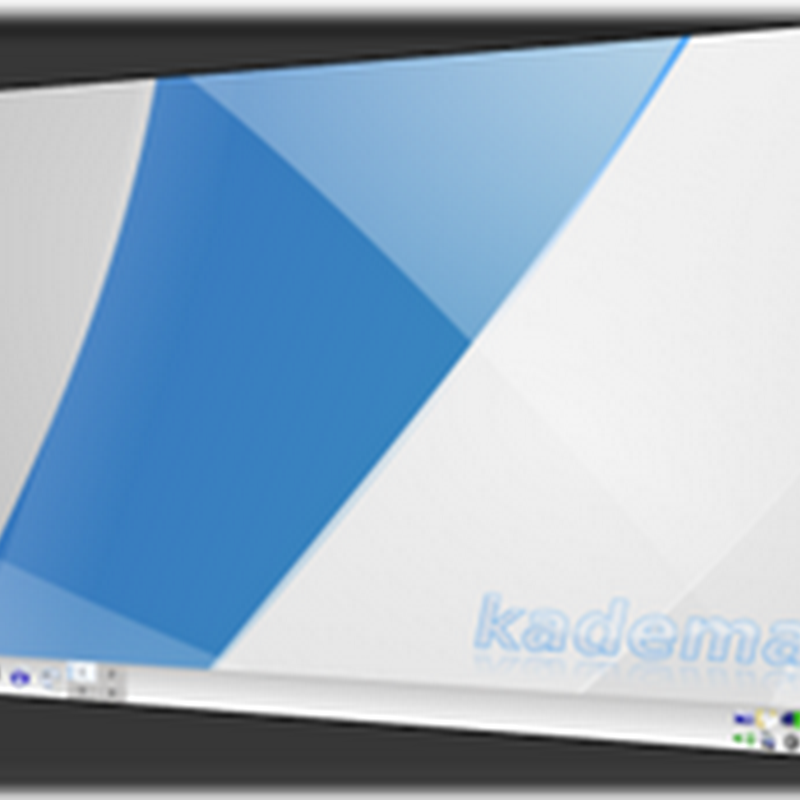

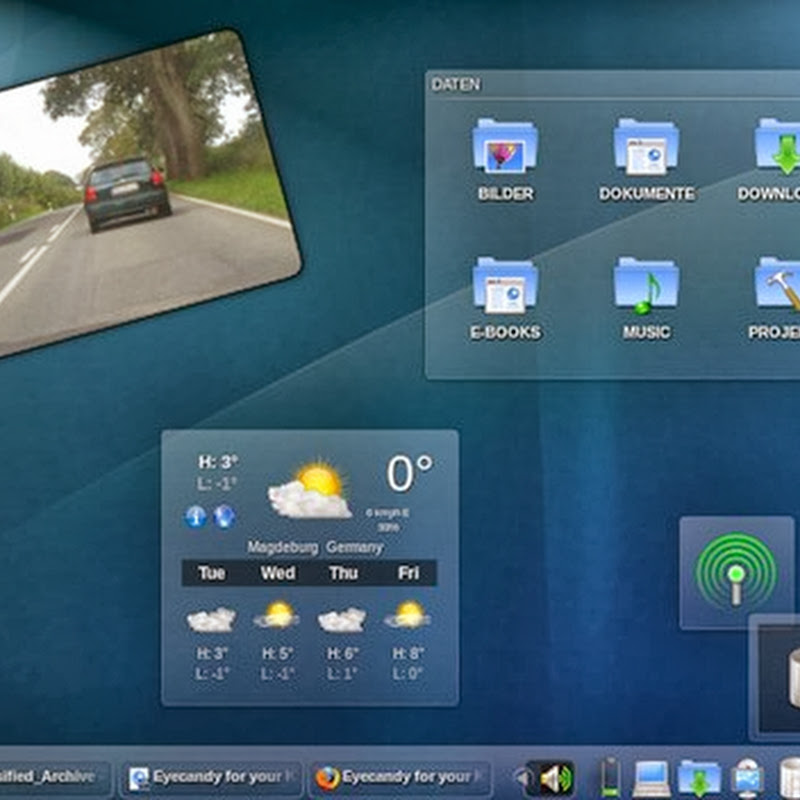

0 commenti:
Post a Comment